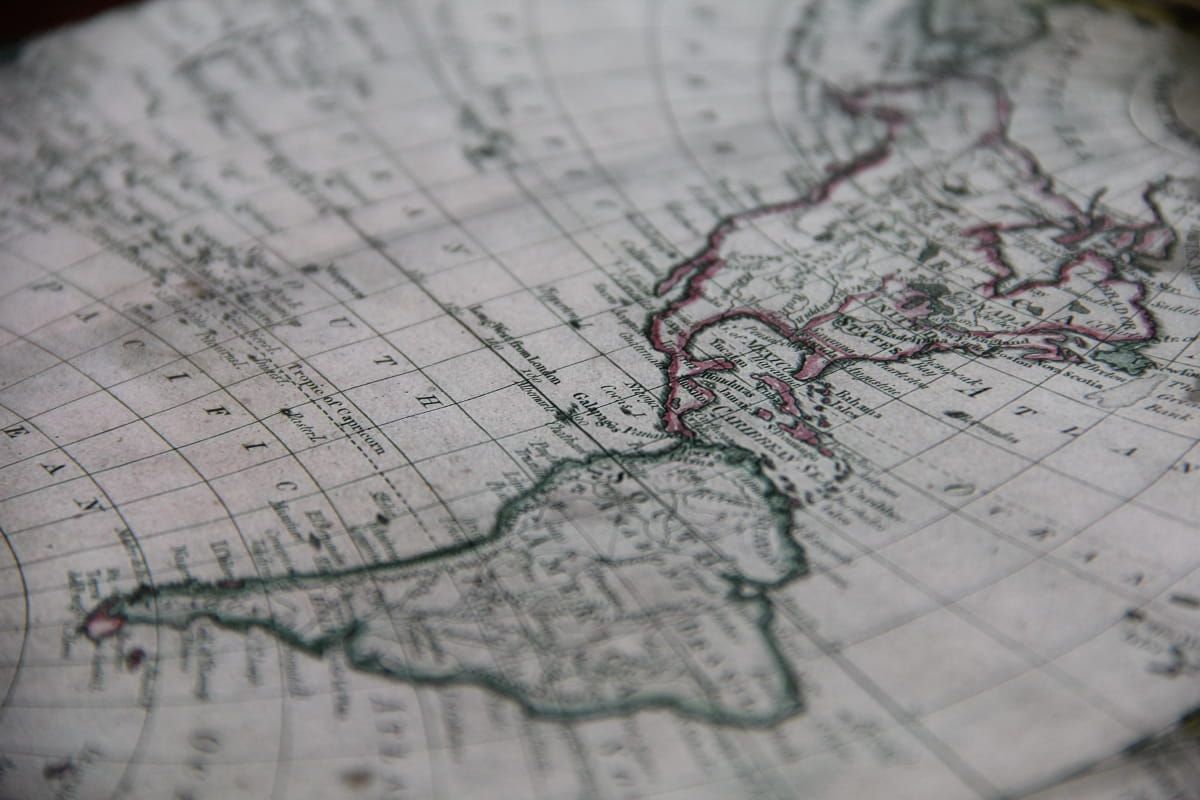Living deglobalization in the Latin American countries
In the coming decades, Latin America will witness a fierce struggle for the control of natural resources. The health emergency only triggered the situation of fragility and financial instability in the region.





